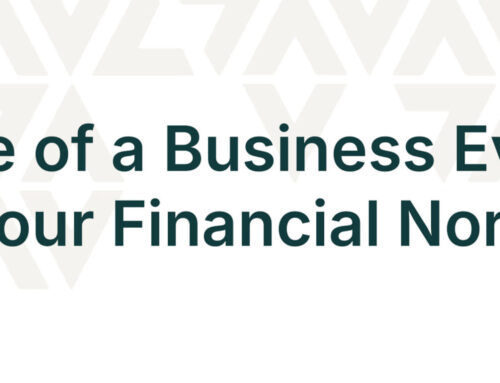
Raising capital to grow a company can be an exhilarating journey filled with triumphs and challenges. At the heart of this journey is the relationship between the investor, the founder, and the CFO, a dynamic that can significantly influence the trajectory of the company’s growth. Here are six cornerstone characteristics of a great relationship between an investor, founder, and CFO:
1. Honesty: The Bedrock of Trust
Honesty is the foundation of any strong relationship, especially in the context of investor-founder-CFO dynamics. Clear, accurate, and regular reporting is critical to fostering an environment where honesty can thrive. Investors require transparency about the company’s financial health, milestones achieved, and obstacles encountered – all of which the CFO can offer at a greater level than most founders. This honesty fosters trust, making it easier for investors to support the company through the ups and downs of scaling and easier for the founder to weather those peaks and valleys.
2. Accurate Forecasting: Aligning Expectations with Reality
All companies operate from time to time in environments full of uncertainties. A CFO’s forecasting that closely tracks subsequent performance shows the investor the founder’s grasp of the business and the market. It reassures investors and the founder that the team can navigate the company toward its goals, even if adjustments are needed along the way.
3. Full Disclosure: Navigating Challenges Together
Full, honest disclosure of issues and the state of the business is crucial. When founders identify key employees, points of risk, and openly communicate challenges, it allows investors to provide targeted support, advice, or connections that could be pivotal in steering the company back on course. All of this can be guided by the right CFO as well as HR executive, both of which are hirable on a fractional basis.
4. Open Communication: Keeping Investors in the Loop
Open communication channels keep investors well-informed about the company’s operations, challenges, and strategies for overcoming them. This helps build trust between the founder and investor and ensures investors can strategically contribute to the company’s success, leveraging their networks, resources, and expertise.
5. Shared Control and Vision: Understanding and Alignment
Once outside money is involved, the company is no longer solely the founder’s venture. It becomes a shared journey. This means recognizing the importance of shared control and aligning on what success looks like. Beyond business finance guidance, a strong CFO can set the stage for discussing expectations around control, decision-making, and the company’s direction. Founders should be open to investors’ feedback and willing to discuss what adjustments might be necessary for the greater good of the company and its stakeholders. As an objective third party, the CFO is a good mediator for these high-level conversations.
6. Navigating Shared Control: A Two-Way Street
With the CFO’s support, founders and investors can remain aligned on shared control, how to define success, and how to collect and act on new information. When all parties view this relationship as a partnership, decisions are made not just for personal gain but for the return of all involved.
Fostering these characteristics allows all parties to work together effectively, navigating the challenges and opportunities that come with growing a company. Understanding that this journey is a collaborative effort, where all sides contribute to the decision-making process and respect each other’s perspectives, is essential for achieving mutual success and realizing the company’s full potential.



